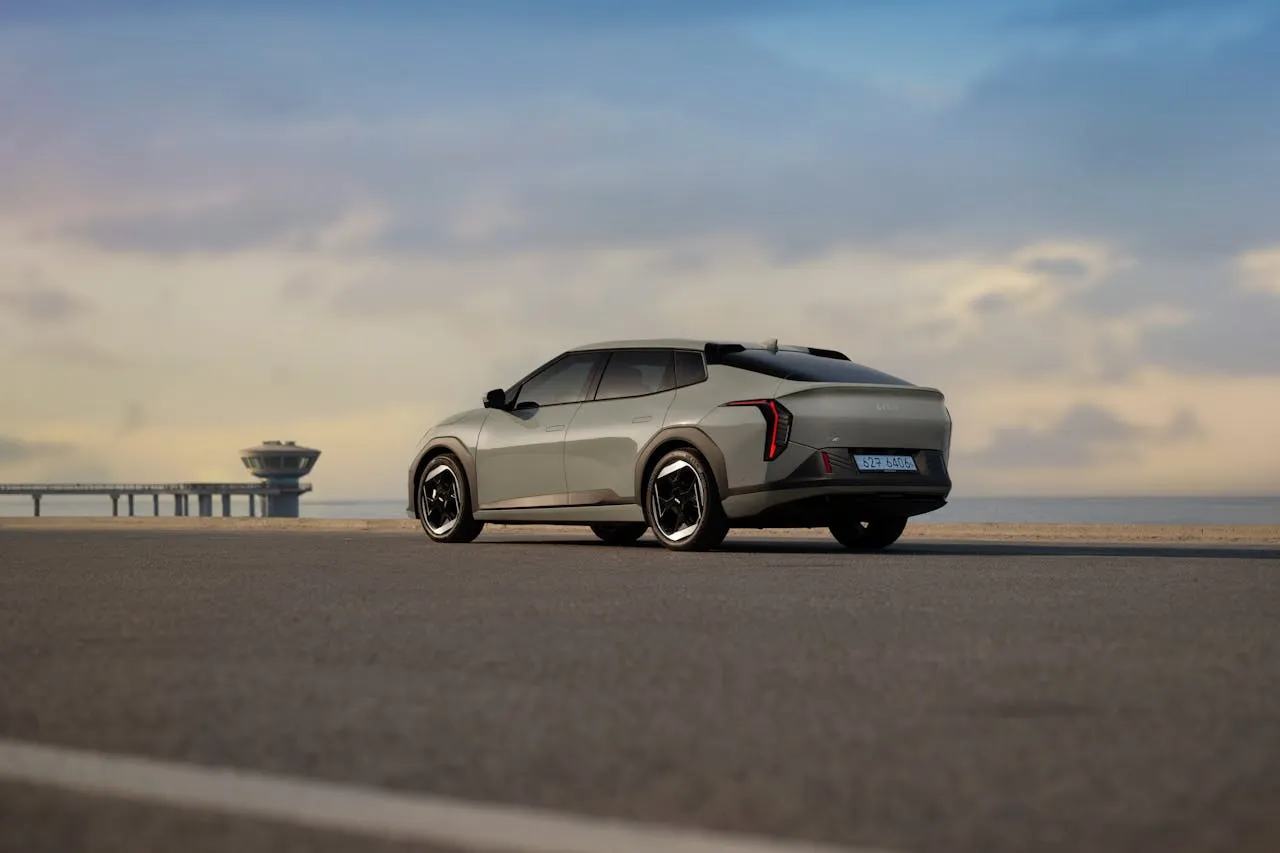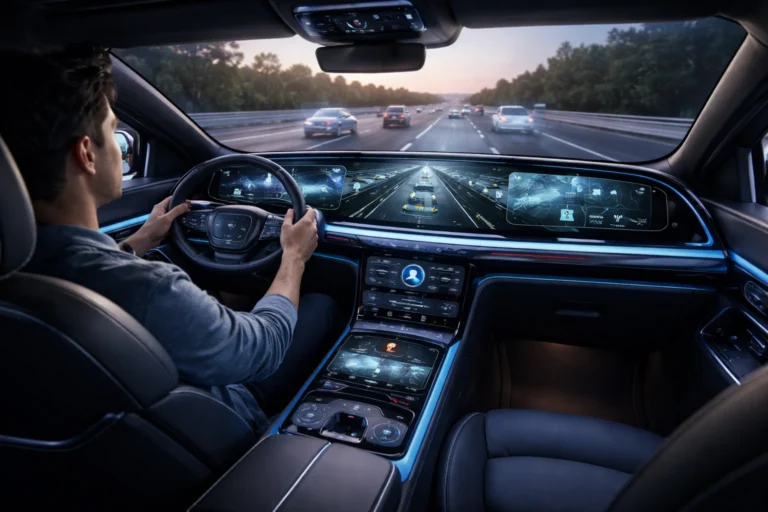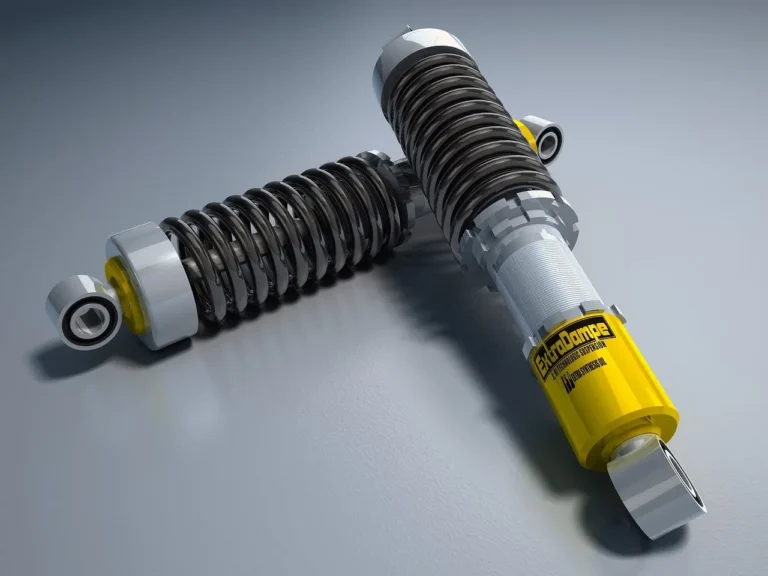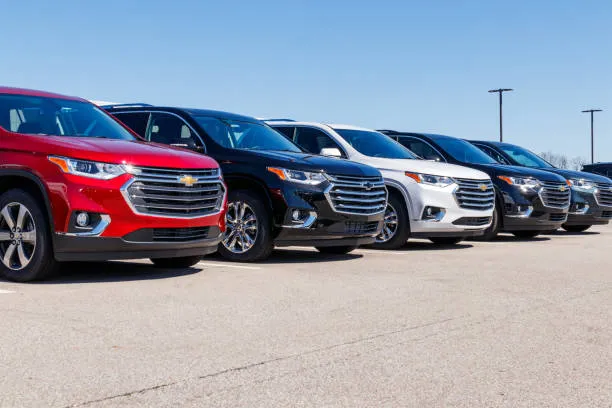
European Automotive and Mobility Firms Accelerate AI and Robotics Adoption to Meet Industry Transformation Goals
Auto and Mobility companies across Europe are rapidly embracing artificial intelligence (AI), robotics, and other advanced technologies in a strategic effort to drive down operational costs, enhance product quality, and adapt to seismic changes reshaping the global mobility ecosystem. According to the 2025 ISG Provider Lens® Automotive and Mobility Services and Solutions report for Europe, published by the Information Services Group (ISG), a global technology research and advisory firm focused on AI and digital innovation, this technological shift is not only inevitable—it is urgent.
The report reveals that the European automotive and mobility industry is standing at a pivotal juncture in 2025. Companies are under immense pressure to meet EU climate mandates while simultaneously transforming their operations to reflect new consumer expectations centered on digital experiences, sustainability, and service-based mobility. In response, enterprises are making strategic investments in Internet of Things (IoT) platforms, AI-enabled analytics, robotics automation, and data-driven innovation to enable predictive maintenance, flexible manufacturing, and greater responsiveness throughout their supply chains and customer engagement channels.
“European automotive enterprises are rapidly adopting digitalization and sustainability practices in all parts of their business,” said Andreas Fahr, partner and manufacturing industry lead for ISG in the EMEA region. “These strategic initiatives are critical to navigating technological shifts and evolving customer expectations.”
Technology as a Catalyst for Resilience and Sustainability
With the industry still recovering from post-pandemic disruptions and ongoing geopolitical tensions impacting supply chains, many European automotive companies are rethinking their operational resilience. To mitigate vulnerabilities tied to global sourcing and logistics volatility, companies are localizing the production of key components such as EV batteries and power electronics. They’re also racing to secure access to critical raw materials—such as lithium, cobalt, and rare earth elements—that are essential for electric and hybrid powertrains.
At the same time, there’s a growing push toward self-reliance in the development of connected and autonomous vehicle (CAV) platforms. As digital capabilities become central to vehicle functionality and consumer value, automakers are building next-generation software stacks, integrating advanced driver assistance systems (ADAS), and developing digital twins for product lifecycle optimization. These moves are not just about innovation—they’re essential for maintaining European technological leadership in an increasingly competitive global landscape.
Shifting Consumer Expectations and New Mobility Business Models
The report underscores a significant shift in how consumers engage with vehicles and transportation. Traditional notions of vehicle ownership are giving way to flexible, personalized mobility solutions. Car-sharing platforms, subscription-based vehicle services, and ride-hailing applications are gaining traction, especially in urban centers where congestion, parking scarcity, and climate concerns make individual car ownership less practical.
To capture value in this evolving landscape, European automotive firms are leveraging AI and data analytics to deliver tailored user experiences, improve operational efficiency, and develop new revenue streams. Data gathered through connected vehicle platforms is being used to offer value-added services, optimize fleet usage, and provide predictive insights into customer behavior.
These digitally enabled mobility services are particularly aligned with younger demographics and urban professionals who prioritize convenience, sustainability, and cost-effectiveness over ownership. For automakers and mobility providers, the opportunity lies in evolving from a product-centric to a service-centric business model—where recurring revenue from subscriptions, usage fees, and digital services can complement traditional vehicle sales.
Responding to Environmental Policy and Emissions Targets
At the regulatory level, the European Union continues to set ambitious goals for emissions reductions and environmental sustainability. The Fit for 55 package, a core component of the EU Green Deal, is pushing automakers to reduce emissions by at least 55% by 2030 compared to 1990 levels. This legislation accelerates the shift toward low- and zero-emission vehicles (ZEVs), which includes battery electric vehicles (BEVs), plug-in hybrids (PHEVs), and hydrogen fuel cell vehicles.
National programs are also reinforcing these efforts. France’s Crit’Air initiative, for example, provides incentives and restrictions that nudge consumers and fleet operators to transition to lower-emission vehicles. These policies not only influence vehicle design and production but also affect how manufacturers allocate R&D budgets, develop sourcing strategies, and invest in clean energy partnerships.
“The European automotive and mobility sector is embracing lifecycle sustainability practices in product design,” said Harish B, manager and principal analyst with ISG Provider Lens and lead author of the report. “This approach mitigates environmental impact and addresses resource challenges.”
One critical area of focus is the long-term environmental impact of electric vehicles. As EV adoption increases, so does scrutiny over battery production, disposal, and energy usage. To address these concerns, companies are exploring battery recycling, second-life energy storage solutions, and circular economy principles that extend the usable life of vehicle components while minimizing waste.
Workforce Transformation and Vehicle Connectivity
As automotive and mobility enterprises evolve, so too must their workforce. The report highlights a surge in investments across Europe to develop digital skills and re-skill existing employees for next-generation roles in software engineering, AI/ML operations, robotics maintenance, and data science. With software-defined vehicles becoming the industry norm, the ability to attract and retain digital talent is quickly becoming a core differentiator for automotive firms.
At the product level, vehicles are undergoing a fundamental transformation. No longer just machines for transportation, modern vehicles are becoming rolling digital platforms equipped with connectivity, infotainment, telematics, and remote diagnostics. Through over-the-air updates and real-time data exchanges, companies are building vehicles that are constantly improving, always connected, and deeply integrated with broader smart city infrastructure.
This connectivity is driving new partnerships across the automotive and technology sectors. Automakers are collaborating with cloud service providers, AI firms, telecom operators, and semiconductor companies to build scalable digital ecosystems around their products. These collaborations aim to streamline everything from vehicle software development to real-time navigation, predictive maintenance, and usage-based insurance.
ISG’s Evaluation of Leading Providers
The 2025 ISG Provider Lens® Automotive and Mobility Services and Solutions report evaluates the capabilities of 41 technology and service providers active in the European market. It assesses these firms across five strategic quadrants:
- Automotive Engineering and Manufacturing Services
- Electric Vehicles and Mobility Services
- Autonomous Systems and Software-defined Vehicles
- Automotive Retail and Aftermarket Services
- Technology Transformation and Consulting
Among the firms evaluated, ISG named Accenture, Capgemini, Cognizant, HCLTech, IBM, Infosys, TCS, and Wipro as Leaders in all five quadrants, reflecting their deep expertise and broad offerings across the automotive digital value chain.
Akkodis and Tech Mahindra were recognized as Leaders in four quadrants each, while KPIT, LTTS, PwC, and T-Systems earned Leader status in three quadrants. Deloitte, DXC Technology, EY, and Tata Elxsi were identified as Leaders in two quadrants, and Aptiv, LTIMindtree, and UST led in one quadrant each.
ISG also designated CI&T, Cyient, Genpact, and UST as “Rising Stars”—firms with high future potential and strong portfolios in specific niches of the automotive and mobility technology space.
A tailored version of the full report, with deeper insight into vendor strategies, regional dynamics, and technology trends, is available through T-Systems.







